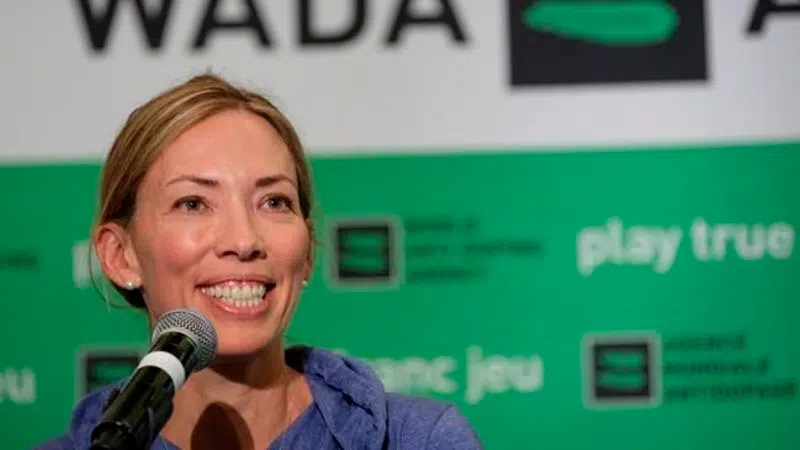
‘Harsh,’ ‘disrespectful,’ but no bullying in WADA case
MONTREAL — Witnesses saw tears in Beckie Scott’s eyes following a meeting in which one man called her attitude “victimistic” and another questioned whether the athletes’ committee she led even needed to exist.
In the end, investigators looking into the meeting that left Scott “angry,” ”close to tears,” and “shaky,” according to witnesses, determined that didn’t add up to bullying or harassment, but that certainly some of it could’ve been viewed as “aggressive, harsh or disrespectful.”
Those were the key takeaways from the 58-page report the World Anti-Doping Agency released late Wednesday about an investigation into Scott’s complaint over how she was treated at a September 2018 board meeting in which WADA reinstated Russia’s banned anti-doping agency over her objections.


